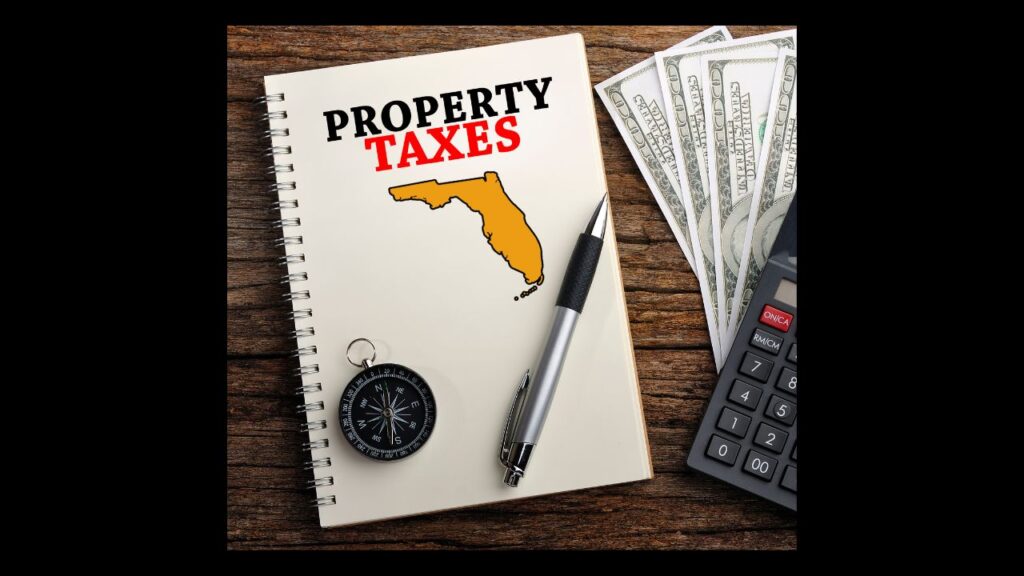TALLAHASSEE – Today, the James Madison Institute released a new report, “Florida Property Tax Relief: Challenges, Options, and Pathways to True Homeownership” by Dr. Vance Zinn and Joseph Johns. This report assesses the economic impact of Florida’s current property tax system and outlines various proposed reform options.
Property taxes are a significant economic burden for Florida taxpayers, with annual collections currently exceeding $55 billion. A recent JMI poll found overwhelming support for change, with 72% of registered Florida voters surveyed expressing a desire for property tax reform to be completely abolished or limited.
The main options for reform according to the JMI report are:
Incremental measures such as homestead exemptions, assessment caps, and levy caps to provide short-term relief Surplus-driven acquisitions with local spending caps to phase down miscellaneous charge rates Sales tax swaps to shift school funding from property taxes
The question for Florida homeowners is not whether property taxes should be reformed, but how far they should go. If lawmakers combine fiscal discipline with solid solutions, Florida can lead the nation in providing long-term relief that will last for generations.
“The James Madison Institute provides a clear roadmap for Floridians in the property tax debate. With local property taxes exceeding $55 billion a year and growing far faster than population and inflation, families are being priced out of their homes. Real reform begins with responsibly reducing or even eliminating property taxes to limit spending, protect homeownership and strengthen Florida’s future.” — Dr. Vance Ginn, President of Ginn Economic Consulting.

“Florida’s increasing property tax burden is quietly undermining the very economic freedom and opportunity that made this state a beacon of economic prosperity. Local government spending is growing unchecked, and homeownership has turned into a never-ending tax liability that once characterized the Sunshine State. True reform means more than short-term relief and requires structural changes. Without constitutional protections and enforceable limits to curb government growth and protect taxpayers, Florida’s spending continues to grow unchecked. The peace won’t last long. Real reform is about restoring fiscal discipline and protecting homeowners, not feeding an ever-expanding government.” — Doug Wheeler, director of the George Gibbs Center for Economic Prosperity at the James Madison Institute.


